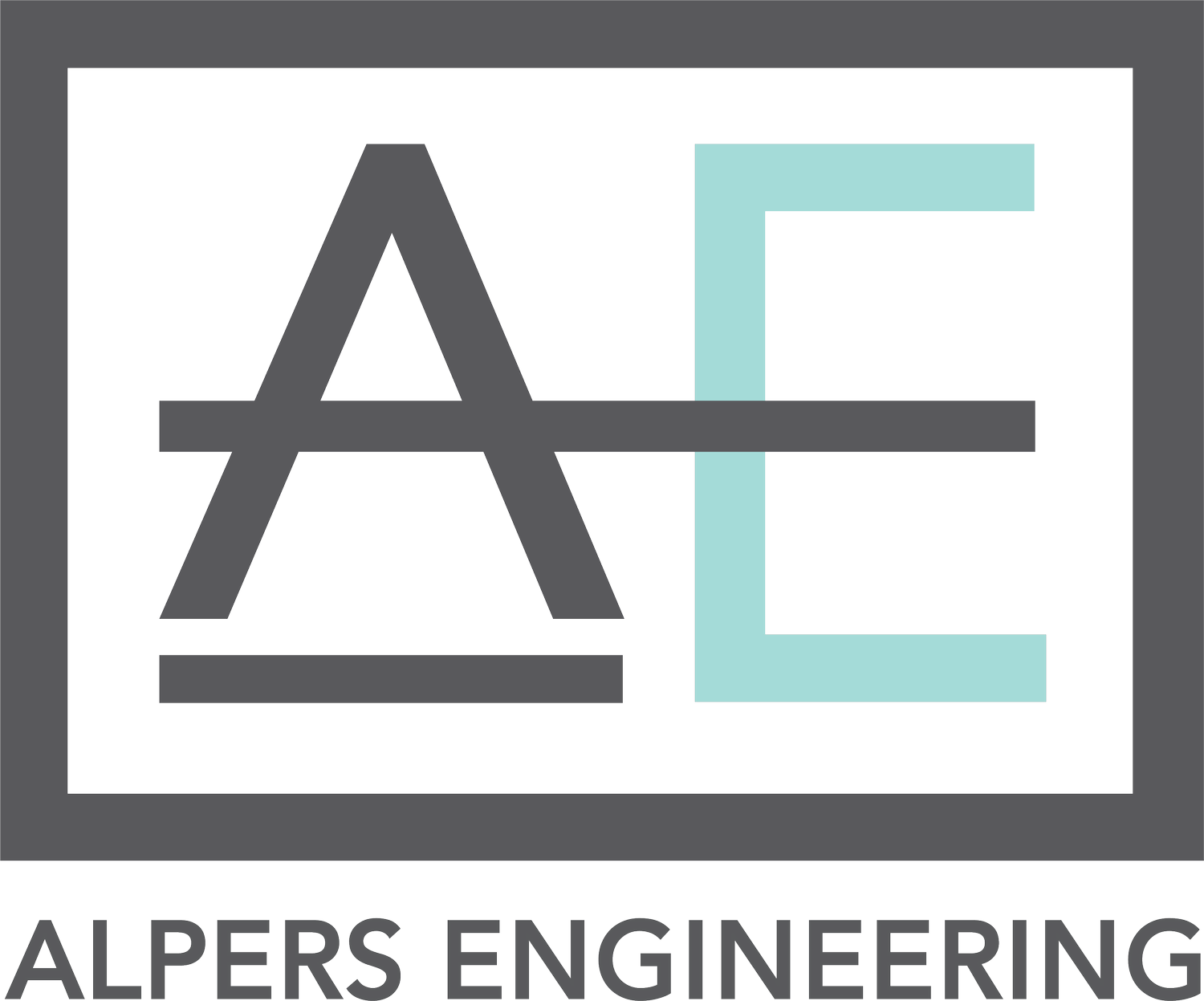
FAQs
Commissioning Frequently Asked Questions
-
There is a renewed emphasis on air quality in our indoor environments due to the impact of the COVID-19 pandemic. A few ways to ensure better indoor air quality is by improving filtration methods in mechanical equipment (thicker filters), and making sure that fresh Outside Air (OA) is supplied to the space at all times. A higher indoor air quality not only reduces the spread of disease, but also improves the productivity of workers. Indoor air quality is essential to instill the public’s confidence in our work and learning environments.
-
One of the biggest concerns for every building owner is insuring the occupants are comfortable inside their indoor environment. Commissioning professionals provide guidance throughout the design and construction phase that will ensure the comfort of your buildings’ occupants.
-
There are many positive reasons for hiring a commissioning firm. These include improving your indoor air quality, saving money on energy costs, and ensuring your building is built according to the project requirements.
-
The earlier the better! The Owners Project Requirements (OPR) and Basis of Design (BOD) are crucial documents that we can assist in developing to your specifications. Furthermore, Commissioning is involved in every step of a project. It is a requirement per 2022 CA title 24 that a commissioning authority perform a design review on every project over 10,000 square feet. Ideally, a commissioning authority should be selected and engaged at least by the schematic design phase. From there we review submittals, check installation, and perform functional testing as the project progresses.
-
The California Energy Commission requires all commercial spaces over 10,000 square feet be commissioned. There are numerous functions and services that a Commissioning Authority (CxA) can provide to ensure the completion of your project to meet your design and energy goals.
-
One of the biggest considerations in maintaining a building is energy costs. The operation of equipment and lighting throughout the day can quickly add to your energy expenditures. Our job at Alpers, is to ensure the building follows state and local codes which provide guidelines to help control these costs. This includes having occupied and unoccupied schedules, having occupancy sensors integrated with the lights and mechanical equipment, and having all the different energy systems communicate with each other. Essentially, a smart building saves the owner money.
-
The primary deliverable at the end of a project is the Final Commissioning Report. This document summarizes everything observed during commissioning on your project and contains the completed Functional tests, Pre-functional checklists, issues logs, meeting minutes, and other pertinent documents.
The issues log is extremely important throughout the course of the project. This is the main method of communication between the Design and Constructions Teams and the Commissioning Authority. This document tracks every issue seen throughout the course of commissioning, and assists in the resolution of any observed discrepancies from the contract documents, performance, functionality, or installation process. The use of dates, resolutions in writing, and additional verification after resolution confirm that all problematic conditions observed are thoroughly addressed, closed out, and resolved.

